CASE STUDY: Managing Workplace Challenges
Overview In this case study, we delve into the intricate details of how Metis HR provided invaluable assistance to a kitchen company facing a complex people
Articles
Overview In this case study, we delve into the intricate details of how Metis HR provided invaluable assistance to a kitchen company facing a complex people
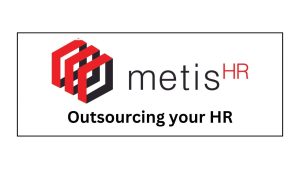
What are the advantages? Read our blog to discover the benefits that come with outsourcing your HR responsibilities to the experts. If you’re interested in
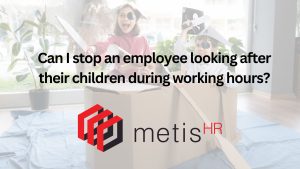
Believe it or not in the last three weeks we’ve had four calls asking us can I stop an employee looking after their children during
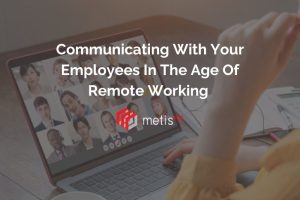
The Covid-19 pandemic significantly shifted attitudes and expectations around remote working and, as a result, an increasing number of people now work remotely some or
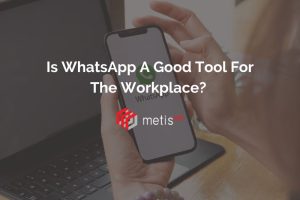
Many workplaces use WhatsApp now as a tool for quick and easy communication. And whilst there can be many benefits to using WhatsApp instant messaging

There are many businesses in which employing under 18s can bring huge advantages, and many business owners want to be able to employ young people
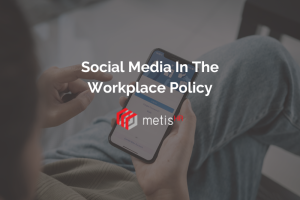
As HR Consultants, the Metis HR team is often confronted with the thorny issue of social media. Whether you love it or hate it, social

Across dental practices, salaries can often vary. Although many practices will and do pay their dental nurses a fair and acceptable salary, there are also
Loads of research has been done to answer the question what makes a work team effective. Surprisingly, research is debunking the myth that a team
New employee not working out? Are you thinking that you have a new employee not working out? Do you think the person you appointed isn’t
Categories
Copyright © 2020 Metis HR Ltd. Registered Company No: 07554123. All Rights Reserved
Website by Thomas Cole Digital